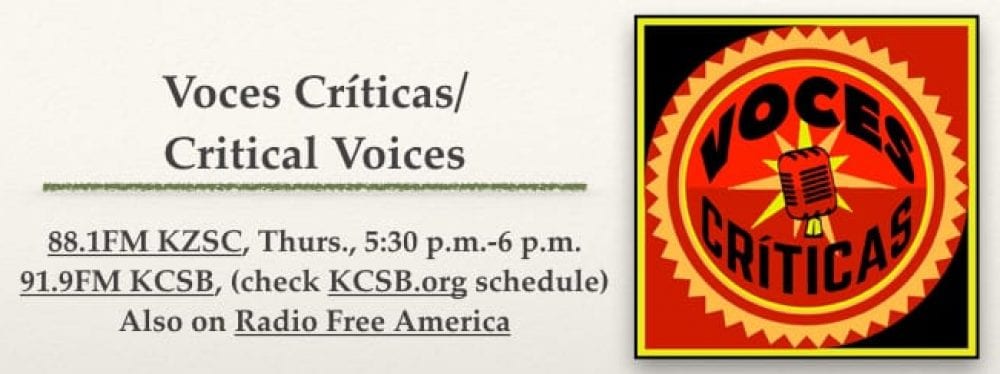July 4th: An interview guest produced and hosted by Jane Tobias about Conchita ice cream shop in Watsonville, CA.
July 11th: Re-air of interview with Professor David Lloyd about academic freedom.
July 18, 2019: Stories of Healing from Sexual Assualt
An interview with Jan Goff LaFontaine, Jaqueline Mendoza, and Jessica Espinoza about LaFontaine’s Speaking Out Campaign against sexual violence. LaFontaine believes in creating social change, empowering women and girls, one photograph at a time. LaFontaine’s visual photography projects reflect a collaboration between the survivors themselves and the photographer and are focused on hope, healing, and transformation. The healing stories of Mendoza and Espinoza are featured in the campaign and they assist LaFontaine in gathering and supporting survivors on their healing journeys.
July 25, 2019: The Summer of Protests in Puerto Rico
A live phone interview on July 25, 2019 with Juan Carlos Davila, a documentary filmmaker, journalist and PhD student in Latin American and Latinx Studies at the University of California-Santa Cruz, shortly after the official resignation of Puerto Rican Governor Ricardo Rosello following two weeks of street protests. Click HERE for a WashPo Op-Ed about the Puerto Rican demands by Dr. .
